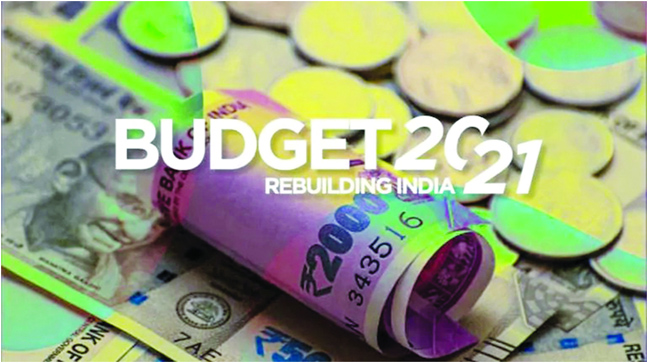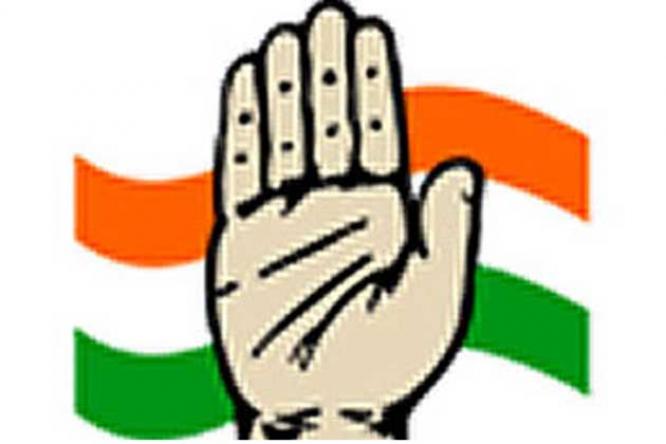
New Delhi (TIP): India‘s real gross domestic product (GDP) is expected to grow by 11 percent in FY22, making it one of the world’s fastest growing economies in the aftermath of the COVID-19 pandemic, said the Economic Survey 2020-21 tabled in Parliament on January 29. Ahead of the Union Budget 2021-22, the survey also batted for a counter-cyclical fiscal policy, recommended a massive increase in healthcare spending in light of the COVID-19 pandemic and regulator for the sector, and criticised credit rating agencies, saying their assessment of India does not match its fundamentals.
The survey, drafted by Chief Economic Advisor Krishnamurthy Subramanian and his team, reserved its strongest words for the financial sector. It slammed “asleep at the wheels” bank boards and auditors for the non-performing asset (NPA) crisis, suggested that the Reserve Bank of India (RBI) should penalise auditors wherever ever-greening of toxic loans happen, and recommended another round of bank recapitalisation.
“After an estimated 7.7 per cent pandemic-led contraction in FY21, India’s real GDP is projected to record a growth of 11 percent in FY22 and nominal GDP by 15.4 percent,” the survey said.
The FY21 forecast in the survey is in-line with the estimates of the RBI (7.5 percent contraction), and the National Statistical Office (7.7 percent contraction). For the first half of FY22, the RBI had forecast a real GDP growth rate of 14.2 percent. “Despite the hard-hitting economic shock created by the global pandemic, India is witnessing a V-shaped recovery with a stable macroeconomic situation aided by a stable currency, comfortable current account, burgeoning forex reserves, and encouraging signs in the manufacturing sector output,” said the survey.
“The upturn in the economy while avoiding a second wave of infections makes India a sui generis case in strategic policymaking amidst a once-in-a-century pandemic.”
The survey also called for more relaxed norms about debt and fiscal spending during economic slowdowns, like the one seen now. “The survey’s call for more active, counter-cyclical fiscal policy is not a call for fiscal irresponsibility. It is a call to break the intellectual anchoring that has created an asymmetric bias against fiscal policy,” it said.
“While acknowledging the counterargument from critics that governments may have a natural proclivity to spend, the Survey endeavours to provide the intellectual anchor for the government to be more relaxed about debt and fiscal spending during a growth slowdown or an economic crisis,” the survey said.
These observations in the survey come just days before Finance Minister Nirmala Sitharaman presents the Union Budget 2021-22, in which she is expected to announce a fiscal expansion.
A pro-cyclical fiscal policy is when the government spends more or gives more tax benefits during boom years but cuts back during a slowdown. A counter-cyclical policy is when a government spends more or provides tax relief during a slowdown. The survey also argued that India’s sovereign credit ratings did not reflect its true fundamentals. “As ratings do not capture India’s fundamentals, it comes as no surprise that past episodes of sovereign credit rating changes for India have not had major adverse impact on select indicators such as Sensex return, foreign exchange rate and yield on government securities,” it said. Past episodes of rating changes have no or weak correlation with macroeconomic indicators. India’s fiscal policy, therefore, must not remain beholden to a noisy/biased measure of India’s fundamentals and should instead reflect a sentiment of a mind without fear, the survey said.





Be the first to comment